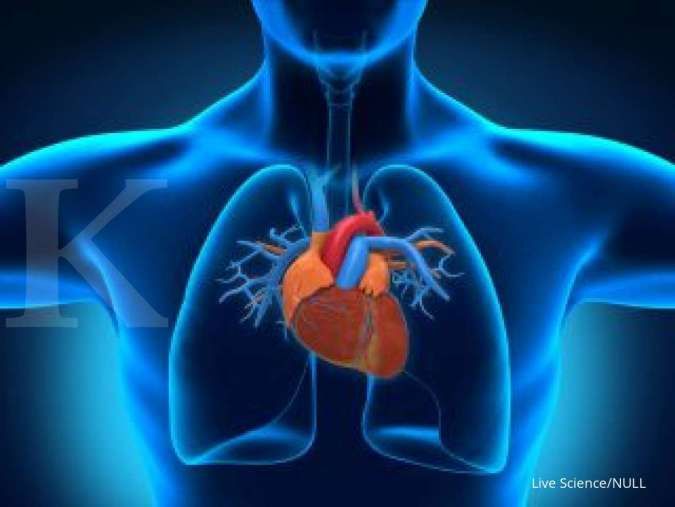Note, these 4 functions of vitamin K should not be overlooked
KONTAN.CO.ID – JAKARTA. Just like other types of vitamins, vitamin K plays an important role in the human body. If the amount is too little, the function of vitamin K will not work optimally. You need to meet the body’s need for these types of vitamins to stay healthy.
There are two types of vitamin K that the body needs, namely vitamin K1 and vitamin K2. Each type of vitamin K has its own purpose and works together to keep your body healthy. There are many types of foods that you can consume as sources of vitamin K.
Usually, vitamin K1 is found in green vegetables. On the other hand, you can find lots of vitamin K2 from animal products. Try to eat these types of foods regularly so that your body condition is maintained and protected from various diseases.
Improve Blood Clotting
One of the main functions of vitamin K is being able to clot your blood optimally. That way, you will avoid heavy bleeding. However, blood clots in some cases occur more quickly. So, you have to keep the amount of vitamin K constant.
Also Read: 4 Choices of foods that contain fat to stay healthy
Helps Bone Growth
Quoting from the Health Guide (getroman.com), vitamin K is needed by enzymes to produce proteins that are useful during bone growth. However, it is not certain whether this type of vitamin can reduce the risk of fractures or not.
A study shows that getting enough vitamin K can prevent bone loss. Other studies have shown that women who enter menopause benefit greatly from taking vitamin K supplements regularly.
Controlling Blood Pressure
The next function of vitamin K is to be able to maintain heart health because this type of vitamin can control your blood pressure. This benefit is of course useful for people with hypertension. Apart from controlling blood pressure, vitamin K can also control the amount of minerals in the body.
Also Read: A series of benefits of salak fruit for health when consumed regularly
Lowering the Risk of Cardiovascular Disease

Vitamin K can also reduce the risk of cardiovascular disease. Vitamin K is associated with calcification or calcification of blood vessels. Launching the Health Guide, calcification in the walls of blood vessels can increase the risk of cardiovascular disease by 300-400%.
However, by meeting the amount of vitamin K the body needs, this risk can decrease. Try to eat kale, beef, chicken, or other sources of vitamin K. Make sure to process it in a healthy way, yes.
Editor: Belladina Biananda